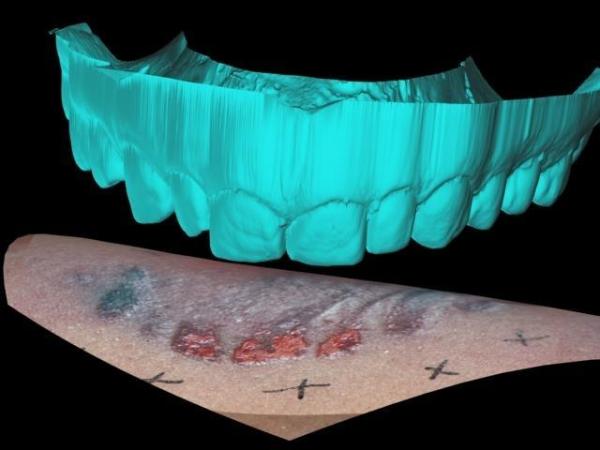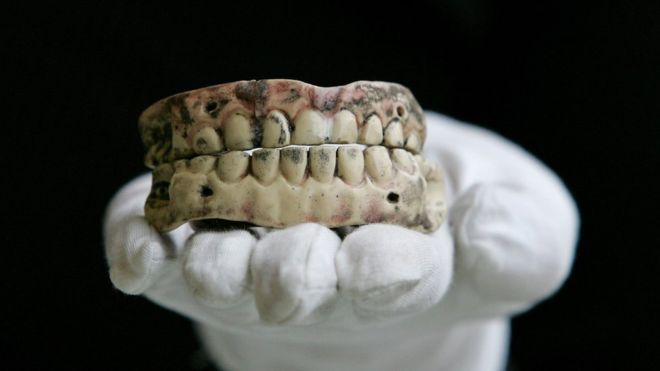Forensic Odontology in Ancient Rome: Agrippina’s Identification of Lollia Paulina
Explore one of the earliest uses of forensic odontology in Ancient Rome, where Agrippina identified Lollia Paulina using dental features. A key moment in forensic…
Comparative Analysis of DNA Preservation in Teeth: Key Insights for Forensic Research
Discover how type and age impact DNA preservation in teeth. Learn about key findings on permanent vs. deciduous teeth and the role of cementum in…
Forensic Bitemark Analysis in Court Trials: Insufficient Data Leading to Wrongful Convictions
Discover the alarming consequences of relying on forensic bitemark analysis in court trials. Insufficient data and unreliable methodology have led to wrongful convictions, with some…
Bitemark Analysis Not Supported by Sufficient Data – NIST
NIST's draft report questions the validity of bitemark analysis, highlighting concerns over its scientific foundation. Public comment is open until December 12, 2022.
Forensic Odontology: Techniques and Applications
Teeth can withstand temperatures up to 1600°C, making them the most resilient evidence in forensic investigations. This remarkable durability makes dental evidence invaluable when other identification…









